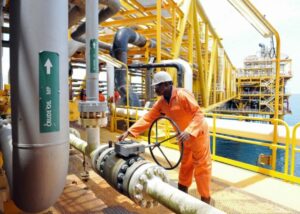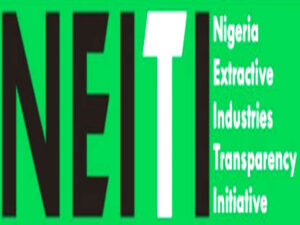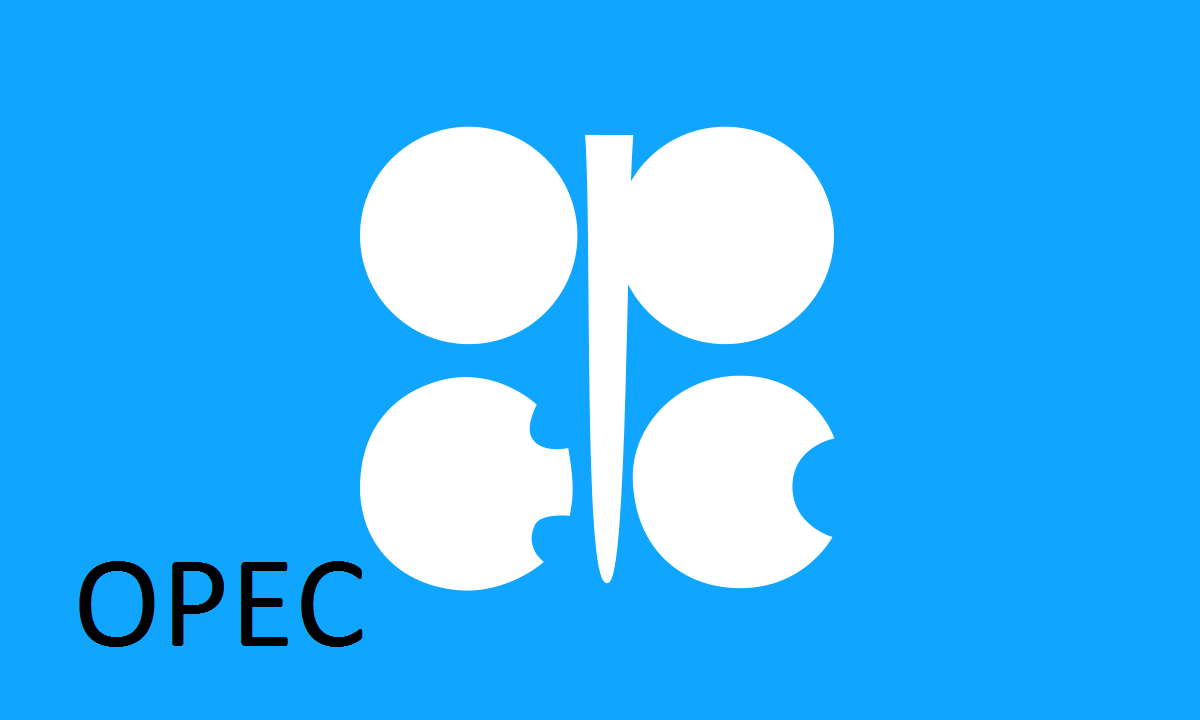Oil prices dropped on Thursday ahead of the meeting of the Organisation of Petroleum Exporting Countries (OPEC) and its allies, collectively known as OPEC+.
Brent crude fell by 1.11 percent to $66.85 per barrel while US West Texas Intermediate crude dropped by 1.20 percent to $63.20 a barrel.
The development comes three days ahead of a meeting where eight OPEC+ member states will decide on voluntary production adjustments.
The countries are Saudi Arabia, Russia, Iraq, UAE, Kuwait, Kazakhstan, Algeria, and Oman.
According to Reuters, the countries will consider further increases to output in October at the meeting on Sunday as the group seeks to regain market share.
On December 5, 2024, the oil cartel said the countries will extend the adjustments until the end of March 2025, adding that the 2.2 million bpd adjustments would be gradually phased out on a monthly basis until the end of September 2026 “to support market stability”.
However, on March 3, the countries decided to proceed with a planned oil output increase from April 1.
The countries also agreed to increase production by 411,000 bpd for May and July.
Furthermore, the countries decided to raise output by 548,000 bpd in August and 547,000 bpd for September.
With oil trading below the $75 per barrel benchmark set for the 2025 budget, experts warn Nigeria’s budget implementation may be at risk
Nigeria’s move to raise production
The continued volatility in the global oil market remains a major challenge to Nigeria’s fiscal implementation in the 2025 budget with the price of oil benchmarked at $75 per barrel and 2.2m barrel per day production.
What this means is that the 2025 budget parameters, according to experts, remain “dead on arrival.”
Currently Nigeria’s oil production hovers between 1.6m and 1.8m per day.
However, authorities in Nigeria continued to make frantic efforts to raise the production amidst threat by the Nigerian Upstream Petroleum Regulatory Commission (NUPRC) to revoke unexplored oil wells.
Just this week, the NUPRC concluded the execution of the Production Sharing Contract (PSC) of the Oil Prospecting Licence (OPL) 2001 and 2002.
The licences are for offshore exploration in the Deepwater West Delta basin and is 2,000 square kilometres. The license was awarded to TotalEnergies which owns 80% and South Atlantic Petroleum with 20% in 2024.
NUPRC’s CEO, Gbenga Komolafe, said this in an interview with Reuters said, “This new PSC (production-sharing contract) with TotalEnergies represents a policy shift, in line with the PIA, which aims to unlock Nigeria’s gas potential and support the transition to a gas-powered economy,” Komolafe said
Komolafe said all new deepwater and frontier acreage production sharing contracts will likely adopt similar gas terms, and it sets a model for dedicated gas development contracts.





